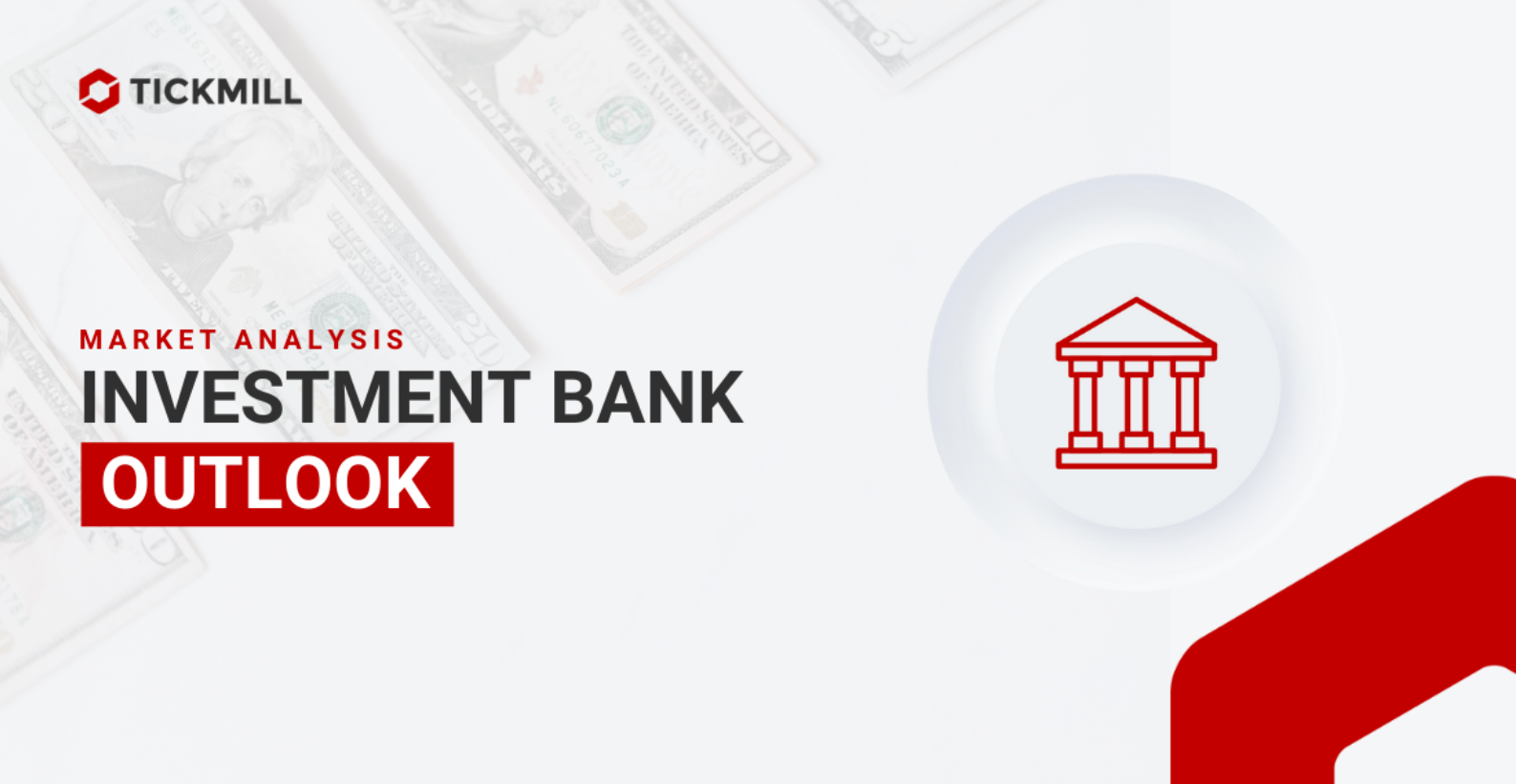Investment Bank Outlook 08-07-2022

USD: NFP unlikely a game-changer
The dollar has remained close to its recent highs, feeling very little pressure from the recovery in risk assets seen yesterday. Today, the futures market points to another negative open in the US stock market, with the highlight of the day being the release of June’s nonfarm payrolls in the US. Our economics team expects a 270k increase in the headline employment figure (in line with consensus), with the unemployment rate staying at 3.6% and wage growth continuing to tick higher. This would mark a slowdown in hiring compared to May, warranted by rising recession fears and higher rates, along with the longstanding issue of a lack of suitable workers despite a large number of job openings.
We think, however, that only a very weak reading today can trigger a sizeable re-pricing in the market’s Fed rate expectations given the Bank’s explicit strong focus on fighting inflation and CPI numbers next week will surely carry a much bigger weight. The Fed minutes released this week also seemed to point to rather muted concerns about the worsening economic outlook, and we heard further support for a 75bp increase in July by FOMC members Christopher Weller and James Bullard. Today, we’ll hear from New York Fed President John Williams.
EUR: Still looking vulnerable
The euro received very little support from the recovery in sentiment in the eurozone (EuroStoxx up 2%) yesterday. It feels like markets are now recalibrating the ranges for EUR/USD based on a narrative now more focused on the diverging magnitude of downside economic risks in Europe compared to the US. Concerns about a gas crunch in the EU remain elevated, as the Nord Stream 1 pipeline is due to shut for 10 days of annual maintenance on Monday and some fear Russia may not resume flows at the end of that period.
On the data side, the eurozone calendar remains very quiet, while some focus will be on European Central Bank speakers today. President Christine Lagarde will deliver a speech in France, and will be followed by Francois Villeroy. Ignazio Visco and Madis Muller are also due to speak. We expect to hear more on euro weakness from ECB members, but the predominance of external downside risks still suggests a somewhat limited ability for hawkish rhetoric to lift the currency.
GBP: Politics not the main concern for the Pound
The pound was moderately bid after Prime Minister Boris Johnson announced a well-telegraphed resignation yesterday, with markets likely welcoming a change in leadership after a very turbulent period for the ruling Conservative party. Johnson will remain in power until a new Tory leader is elected. Firstly, a series of votes will allow Conservative MPs to whittle down the list of leadership candidates to the two most popular, which will then be put to a vote of Conservative party members across the UK. When Johnson became leader, this process took roughly six weeks. We could probably see a new prime minister at some point in September.
For now, given the high uncertainty around possible candidates, drawing conclusions about the future implications for the pound is quite premature. If anything, some are speculating that most potential candidates – with the possible exception of Liz Truss – may have a less hawkish approach to Brexit and the trade relationship with the EU.
Disclaimer: The material provided is for information purposes only and should not be considered as investment advice. The views, information, or opinions expressed in the text belong solely to the author, and not to the author’s employer, organization, committee or other group or individual or company.
Past performance is not indicative of future results.
High Risk Warning: CFDs are complex instruments and come with a high risk of losing money rapidly due to leverage. 72% and 73% of retail investor accounts lose money when trading CFDs with Tickmill UK Ltd and Tickmill Europe Ltd respectively. You should consider whether you understand how CFDs work and whether you can afford to take the high risk of losing your money.
Futures and Options: Trading futures and options on margin carries a high degree of risk and may result in losses exceeding your initial investment. These products are not suitable for all investors. Ensure you fully understand the risks and take appropriate care to manage your risk.
With 10 years of experience as a private trader and professional market analyst under his belt, James has carved out an impressive industry reputation. Able to both dissect and explain the key fundamental developments in the market, he communicates their importance and relevance in a succinct and straight forward manner.
